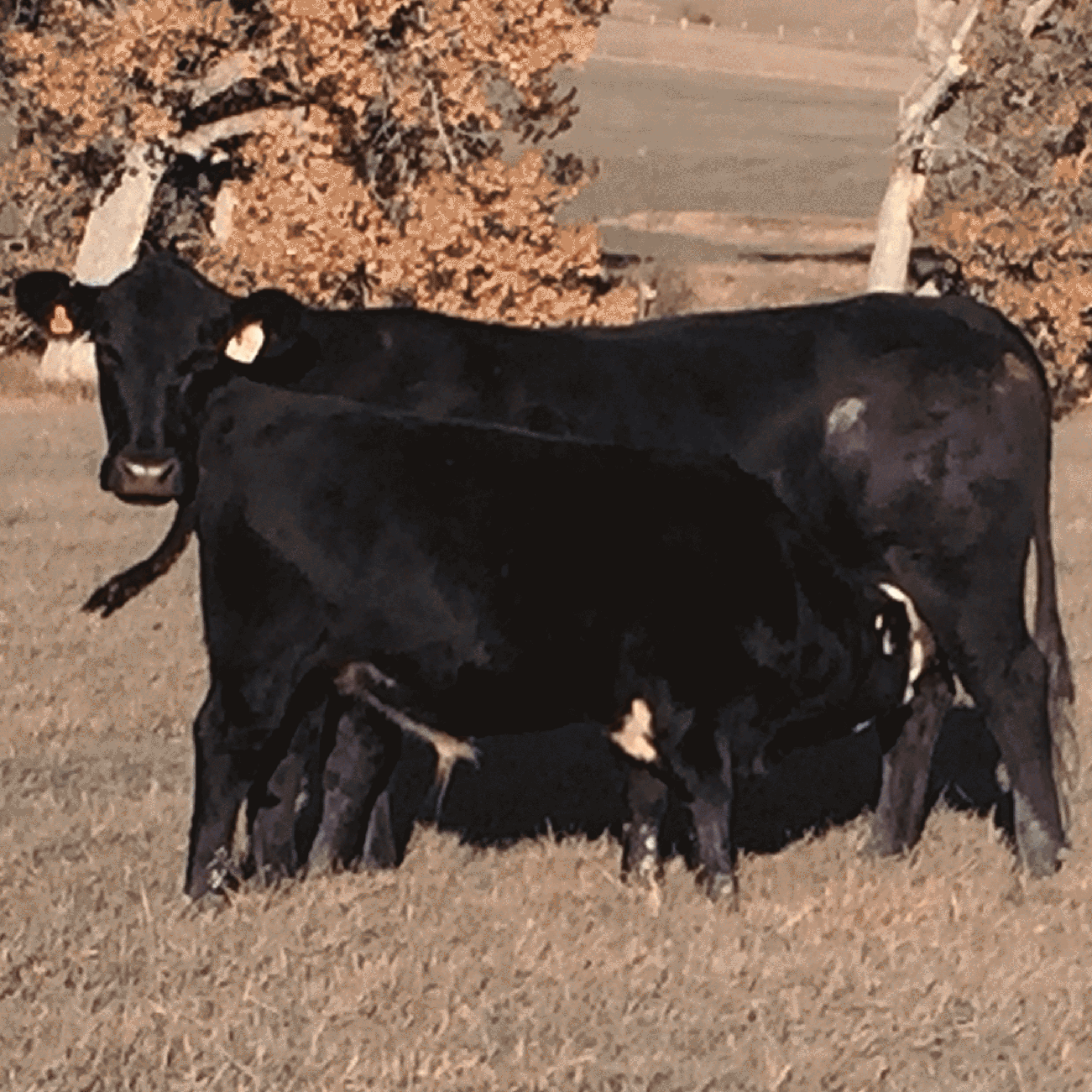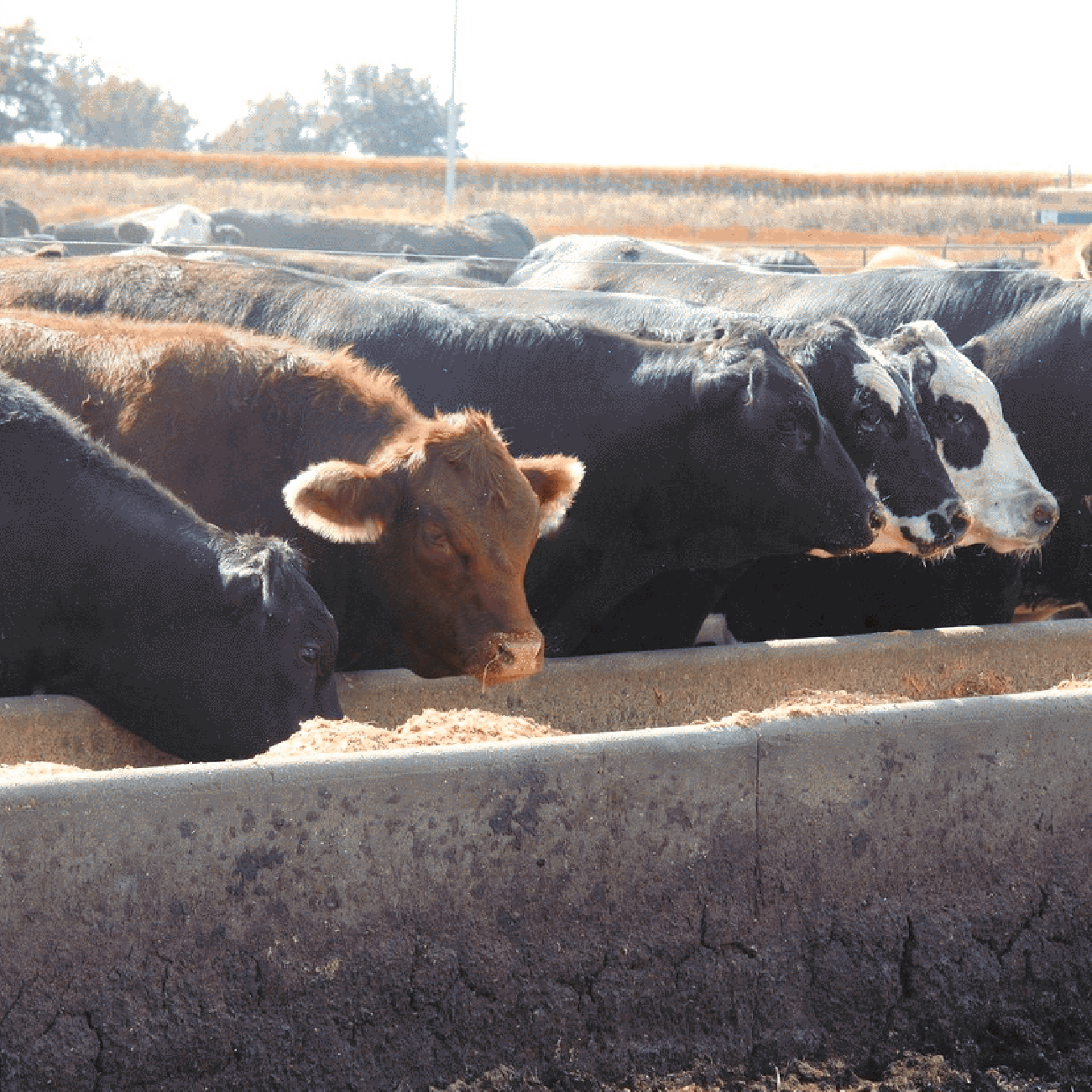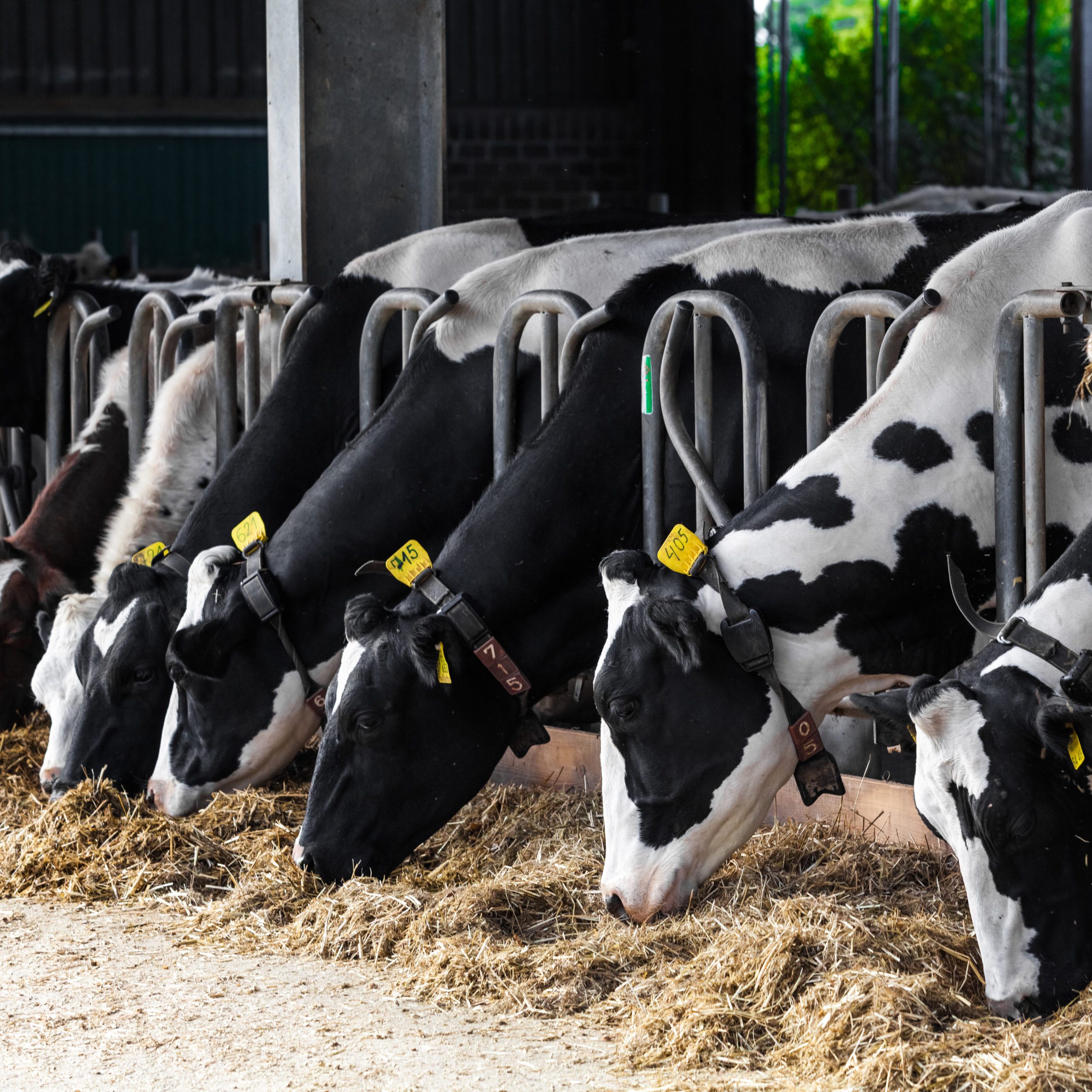Cattle Heat Stress
We all know the beginning of summer marks the start of hot temperatures. For cattle owners, it’s important to make a note of increasingly warm weather — along with hotter days comes the elevated risk of cattle heat stress. To prevent cattle from suffering from this condition, it’s crucial to know what to look for. Keep reading to identify, treat and prevent cattle heat stress.
What Is Cattle Heat Stress?
Cattle heat stress stems from a cows inability to cool down. Prolonged conditions can lead to more severe health issues like decreased feed and water intake, reduced weight gain, milk production, breeding efficiency and even death.
How to Identify Heat Stress in Cattle
Knowing the signs of heat stress in cattle will help you prevent stressful conditions and treat your cows promptly. Whenever the Temperature-Humidity Index is 80 and above, your livestock can experience heat stress. Look out for the following signals:
- Feed Intake Will Drop: In the early stages of heat stress, cattle will eat less and become restless.
- Slobbering and Increasing Respiratory Rates: These symptoms signal an increase response to heat stress in cattle.
- Grouping Together: If you see your cattle starting to move together, it’s a warning sign of worsening heat stress.
- Open Mouth Breathing: Severe cases of heat stress result in open mouth breathing with labored effort.
- Death: Untreated heat stress can result in death, which is why it’s important to act from the beginning.
How to Treat Heat Stress in Cattle
Treatment methods all stem from heat stress prevention strategies with the primary goal of keeping your cattle’s core temperature cool. Because cattle can’t sweat, they rely on respiration to manage their heat load.
How to Prevent Cattle From Getting Heat Stress
Hotter weather makes it challenging for their bodies to keep up with, which is why it’s essential to study prevention techniques, such as:
- Ensuring your cattle has access to clean, cool drinking water
- Realigning your grazing rotational grazing strategies — the taller the grass, the cooler it is
- Rotating your cattle in the evening rather than the morning
- Handling cattle early in the morning
- Having an emergency plan for hot weather handling — wetting your cows with cold water is a great example
How Our Products Can Help
CattlActive® is a supportive supplement that neutralizes ruminal pH in the stomach and can help the rumen temperature drop 5 degrees Fahrenheit in 15 minutes. Giving our all natural product to your cattle during the summer will help to stabilize their feed and water intake, as well as cultivate healthy bacteria in their gut. On top of helping to mitigate the effects of heat stress in cattle, it will also help to strengthen their overall immune systems.
If you have any questions about how CattlActive® can help you, contact us today!



